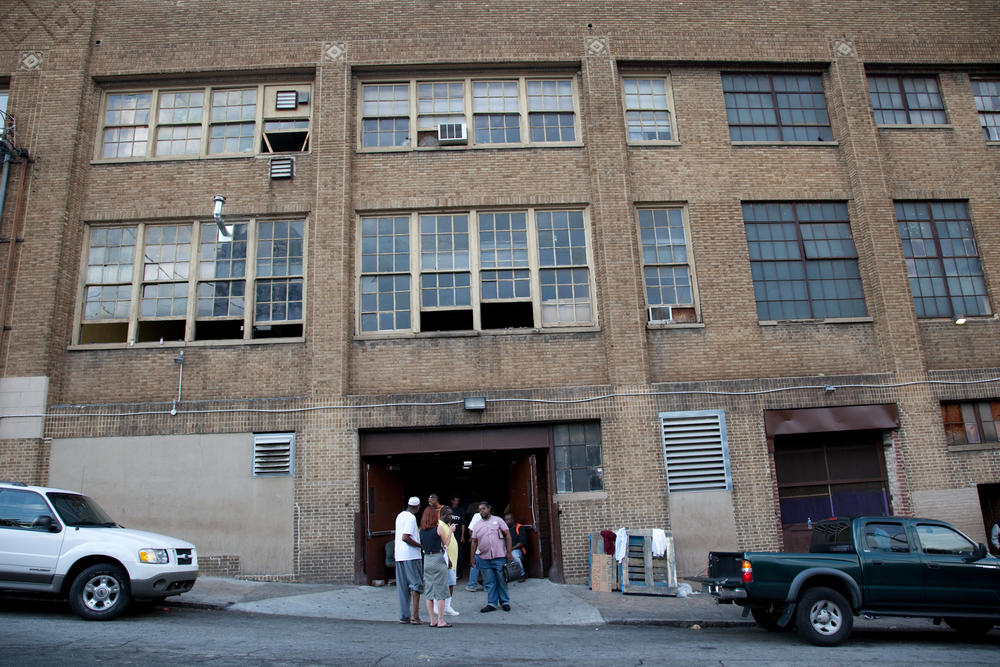Section Branding
Header Content
What Happens When The Homeless Have No Where To Go?
Primary Content
Open Door Community has served Atlanta’s homeless population for 35 years. But lack of leadership, gentrification, and rising maintenance costs has forced one of the city’s longest running shelters to close its doors. But Open Door is not the only shelter that might shut its doors. Mayor Kasim Reed has pushed for years to close down Peachtree Pine Shelter, a massive shelter that can house more than five hundred people. These closures have raised questions about what happens to a city when resources for the homeless community begin to dry up.
We talk about these consequences and what the city can do with Richard Cho. He is Director of Behavioral Health at The Council of State Governments Justice Center and also served as former Deputy Director on the US Interagency Council on Homelessness.
Below is a statement from Mayor Kasim Reed. He provides an overview of the city's approach to addressing homelessness:
- Mayor Reed signed on to President Obama’s White House Mayor’s Challenge to End Veterans Homelessness in 2012. As part of a national campaign with 14 cities, Atlanta not only exceeded the goal of re-housing 100 chronically homeless veterans in 100 days, but also housed more homeless veterans than any other city as part of this challenge in the United States.
- The City of Atlanta housed more than 450 veterans in 2015, with more than two hundred veterans currently in transitional housing and on track to be placed into permanent supportive housing. In addition, Mayor Reed called on landlords to work with the City and its partners in opening their doors to veterans.
- To date, homelessness in the City of Atlanta has dropped by 50 percent and veterans homelessness by 36 percent. The City of Atlanta plans to place all homeless veterans in housing, whether permanent or in transition to permanent, by Veterans Day 2016.
- The City of Atlanta established Partners for H.O.M.E., a 501(c)3 organization, which provides leadership in the planning and implementation of community strategies and resources to prevent and end homelessness in Atlanta.
- Partners for H.O.M.E. serves as the support vehicle for the Atlanta Continuum of Care, which brings together local providers to enable a comprehensive approach which will lead to systemic change in addressing the issues of Atlanta’s most vulnerable population. Specifically, Partners for H.O.M.E. works to secure private and public funds for programs, align service providers to federal policy priorities and coordinate homelessness efforts across the community.



